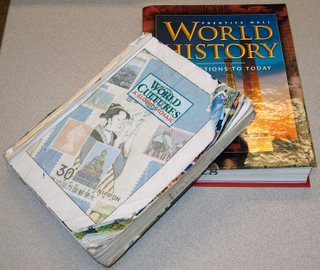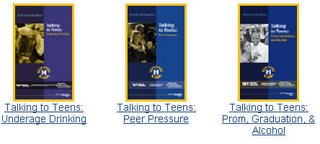The credentialing universe is not a silk fabric in the space-time continuum, it is rather a sackcloth and ashes process of penitent hard work – some very useful some not so useful.
One of the useful experiences has been the BCLAD program. BCLAD for non-cognoscenti is a certification requirement by state law (California) that authorizes the holder to provide specialized instruction to English learners (EL). The certificates are issued by the California Commission on Teacher Credentialing (CCTC) after the candidate has either a) passed a test, or, b) completed a specified coursework. To clarify the certificate acronym, (BCLAD ®) stand for Bilingual Cross-cultural, Language, and Academic Development.
It also my understanding that the whole program is in transition... Find more information at this web site
California Teacher of English Learners (CTEL ™) You obtain a BCLAD certification if you desire to work with English learners – and that indeed was my motivation in signing up for this optional added certification. I understand now that there is also a lucre motive in regards to this certification - it pays a little more so there are many teachers, in addition to aspiring students, that take the BCLAD program.
Having said all of that, the BCLAD approved classes at CSUSM are two semester. Both classes were lead and taught by Dr. Juan Necochea. What a treat! Kudos to Juan and the leadership team that make this possible.
Juan is the most motivating individual I know – he is very shrewd in all he does… he plays himself very low key and then takes off with his enthusiasm for people, music, laughter, and writing! He starts his classes with music and moves his famous quick-writes and then to his stories. He loves to give the floor to others and validates their contribution – no one is exempt. He treats the university students sometimes as kindergarteners other times as PhD students. He is an amazing individual. I grew to like and respect Juan through my observation of how he handled himself and he handled people in general. I don’t agree much with his politics – but he is a tremendous asset to his profession and I feel privilege to have taken his class as I learned a lot from this man… is that a recommendation? YOU BET! If you can take him, take him – you are in for a treat.
The second semester was a special cross-border pedagogical exercise where the classes met both in San Marcos and in Tijuana. The getting from place to another was an experience by itself – but considering exactly the transition that California has gone through with the student walkouts, immigration marches, etc. The timing was uncanny. The cross-cultural portion of this class was well worth the time spent traveling. I ended up falling in love with the Mexican teachers – they are a great bunch of people.
Well the classes are now over, so here are some of the pictures from our last meeting… by sheer accident we got to see a group at the school that was practicing some folk dancing… this was a very nice added delight to wrap up a wonderful BCLAD year.

























